About Montessori
We know parents have choices when it comes to their children’s education. We know these choices are not easy. Why do so many families choose Montessori?
Montessori education has been successfully serving children and families around the world for over a century. The basics remain - and for good reason. Our methods are consistently backed by current research in education and human development. As we move forward into a new future, we believe Montessori has what it takes to prepare children.
Montessori Overview
The Montessori Method of education was developed in Italy by Maria Montessori in the early 1900s. The Montessori Method emphasizes children’s natural curiosity. Montessori schools promote self-paced, independent learning. Children are encouraged to partake in hands-on learning and collaborative play, while guided by experienced staff and a classroom filled with learning opportunities. A Montessori education prepares children to be innovative, life-long learners.
The Classroom
Montessori classrooms are thoughtfully arranged to meet the learning goals of children in specific age groups. The natural lighting and soft colors of the classroom create a focused and calm environment. Learning materials are stored on accessible shelves to promote independence.
Classrooms are arranged to accommodate choice. There are spaces within the classroom for group activities, individual projects and free space for children to spread out in. Instead of prearranged rows of desks, children work at tables and on the floors.
Learning Materials
To encourage experiential learning, students work with materials designed to teach them lessons. These materials are displayed in open shelves, arranged sequentially from simplest to the most complex, allowing students to naturally develop specific skills. As the year progresses, a teacher may replace some basic materials with more advanced materials to ensure children are continuously being challenged.
High Level Academics
The above mentioned being said, Montessori academics are often hailed as some of the highest standards there are. It is not uncommon to see four-year-olds in our schools reading, six-year-olds completing long division problems, and nine-year-olds classifying botanical specimens. These tasks are completed joyfully, in part because we present information in such a way that children discover it for themselves rather than passively taking in facts given by an adult.
Another reason Montessori students seem to work at an advanced academic level is because of what we call sensitive periods. Through years of observation, Dr. Maria Montessori noticed that young children seemed primed and particularly interested and ready to develop certain skills during very specific time periods. While, of course, there is variation between individual children, she noticed some general patterns that have helped us develop our curriculum. One interesting example is that of the study of geometry. Many of us were first exposed to the subject during our high school years, when it turns out that primary- and elementary-aged children are not only interested in geometry, but have a great capacity to learn far more than we typically give them credit for. This is why you may hear your five-year-old talking about rectangular prisms, or your seven-year-old discussing the differences between isosceles, right, and scalene triangles.
Mixed-age Classrooms
Montessori classes are composed of students who span 3 years. Consequently, it is typical to see children of different ages working together in a Montessori classroom. Older students enjoy teaching their younger classmates. Mixed-age classrooms encourage students to help each other and foster a collaborative environment.
